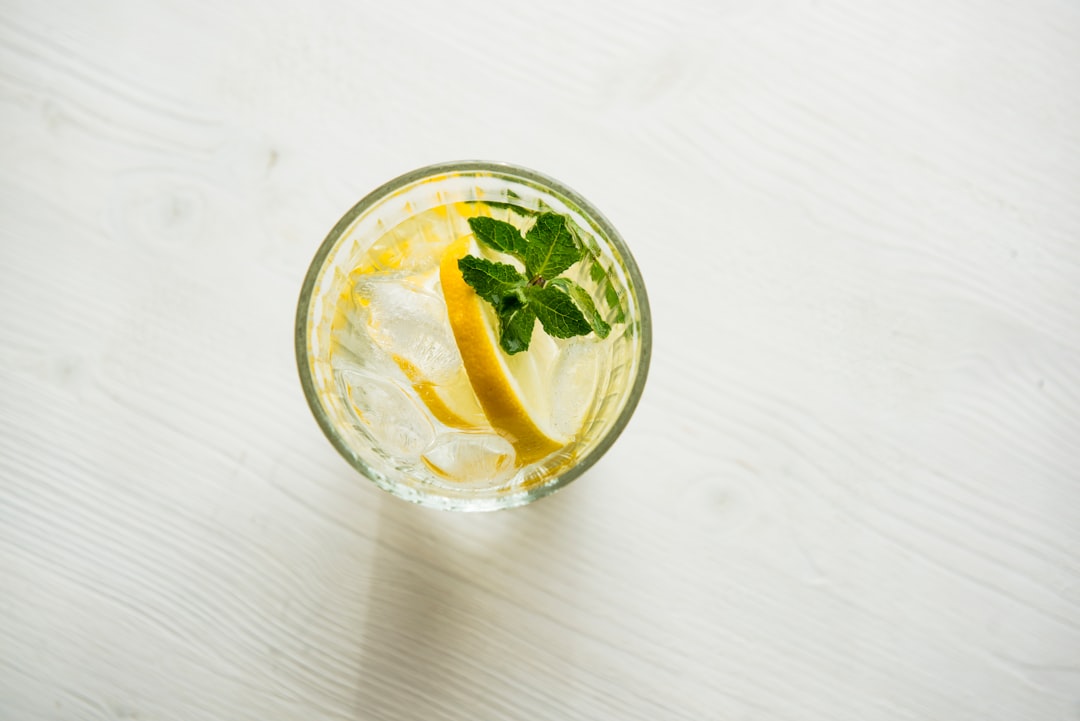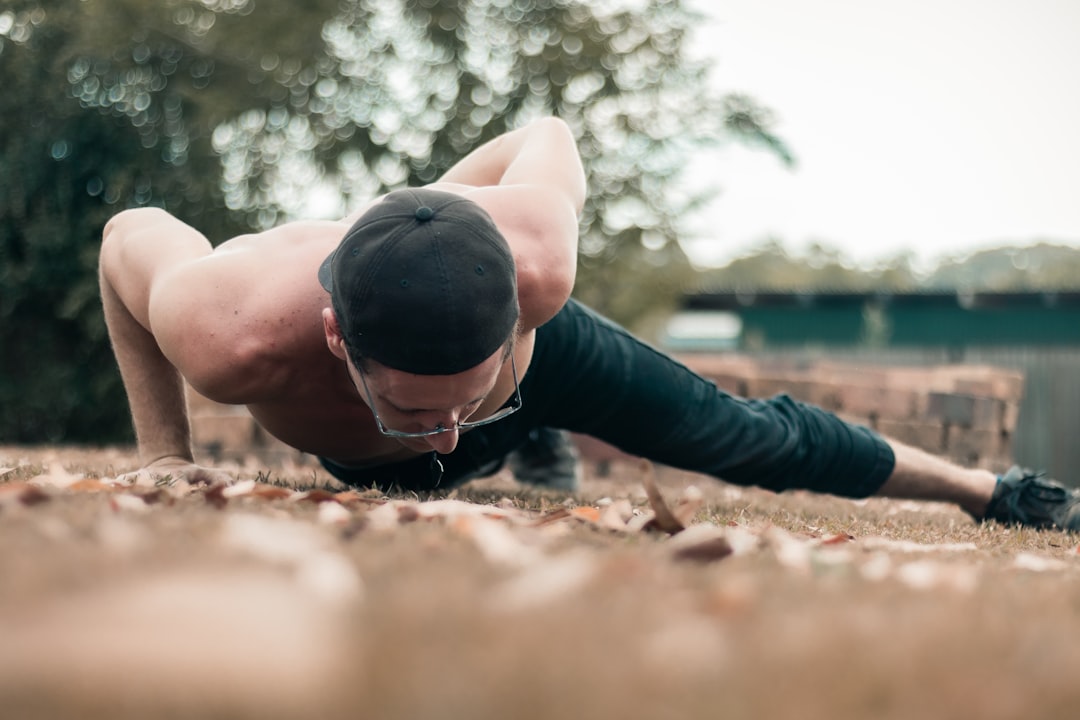Having a stressful job? Trying these 6 tips to prevent grinding teeth at work could be helpful. First, try reducing your stress level. Eat a healthy diet and get plenty of sleep. Also, relax before bed and chew on a hard candy every now and then. If all of these methods don't work, talk to a therapist about the problem. Another effective solution is to use a warm washcloth on the jaw when you feel the urge to grind your teeth.
1. Reduce stress
While it is possible to find ways to prevent teeth grinding, reducing stress and anxiety is the best way to reduce it. Stress is a known cause of teeth grinding. You can try a stress exercise program, see a physical therapist, or even try prescription muscle relaxants. In addition, massage and stretching can help relax your muscles and release tension. Taking a break from work can help you avoid teeth grinding.
Whether you're experiencing teeth grinding at work or at home, there's an effective way to reduce your stress levels. Stress builds up due to the pressures of everyday life. Instead of burying it beneath the surface, try talking to an objective party about your feelings. The same is true of meditation, which has been shown to reduce anxiety by up to 80%. Another effective technique is to relax your muscles and avoid grinding your teeth. Using a warm cloth on one side of the face can also reduce anxiety.
Try meditation. Meditation can help reduce stress and increase the amount of oxygen to your jaw. Try calming music as well. Taking a bath before bed can also help. Avoid alcohol and caffeine, as these can exacerbate your stress. By reducing stress, you'll be less likely to develop teeth grinding at work. There's no need to feel ashamed or embarrassed about bruxism - it's a common problem.
2. Relax before bed
One of the leading causes of grinding and chomping teeth at night is stress. When you have stressful thoughts in your head, try to breathe them out. Your subconscious will keep working on those things, and this will manifest itself in your teeth grinding. Listed below are several ways to relax before bed. You can try deep breathing, listening to relaxing music, or even taking a warm bath before bed. Make sure you're getting enough sleep. If you're not getting enough sleep, you're more likely to chomp and grind your teeth at work. Try to get at least seven hours of sleep a night.

3. Eat a healthy diet
Eating a varied and healthy diet is important to keep your teeth healthy. Eat plenty of vegetables and fruit, as well as lean protein sources. Try to limit sugary foods. Eating a large meal is beneficial for your teeth because it produces more saliva and helps to wash away food particles. Raw vegetables are also great for cleaning your teeth. Avoid sugary beverages and foods that have caffeine. Eat less processed food and more fresh vegetables and fruits.
Try exercising regularly and try to reduce stress. Exercise releases endorphins, which reduce the effects of anxiety and stress. By practicing jaw exercises, you can relax the muscles and reduce teeth grinding and chomping. Cognitive-behavioral therapy can also be helpful. Try placing a warm cloth on your cheeks before bed. Relaxing the jaw muscles will help you sleep better and reduce the likelihood of grinding and chomping teeth at work.
A healthy diet is another important way to reduce the risk of teeth grinding and chomping. You should include calcium, potassium, vitamin C, and magnesium in your daily diet. Also, take a multivitamin supplement to get the necessary nutrition. These foods will also give your jaw some rest and will help relieve soreness. If you do find yourself grinding and chomping teeth at work, make sure you consult a professional as soon as possible.
4. Chew on a hard candy
While eating a hard candy may not sound like a good idea, a regular habit of chewing them can be bad for your teeth. The constant exposure to sugar can cause cavities and damage to the jaw, and grinding or chomping on these candies can trigger dental emergencies. Instead of chewing on these candies, try gum that carries the ADA Seal or sugarless gum.
Instead of a candy, chew a piece of ice. Ice should dissolve naturally in your mouth, and hard candies can cause tooth decay if you're not careful. To keep your teeth healthy and your gums happy, you should also avoid biting your fingernails. These habits can result in cracked or chipped teeth, which are painful and difficult to fix. Hard candies, like gum, can lead to tooth decay and damage, so avoid eating them when possible.
5. Avoid drinking alcohol
There are several causes of jaw clenching, including stress and emotional problems. However, there are also factors to consider. For instance, drinking alcohol can increase the likelihood of grinding teeth, as it contains an acidic substance that wears down tooth enamel. Also, caffeine and alcohol may trigger the muscles that tighten your jaw during sleep. To avoid this habit, try to avoid drinking alcohol before you go to bed.
Alcohol is also a common cause of teeth grinding, as it disrupts sleep patterns. When consumed before bed, alcohol decreases REM sleep and can cause insomnia. It also alters neurotransmitters in the brain, causing muscle hyperactivity. Alcohol also causes excessive dehydration, which can contribute to teeth grinding. Also, drinking too much alcohol can lead to aches and pains in the neck and back.
While drinking alcohol during the day does not directly cause teeth grinding, it can contribute to it. In fact, it can worsen the problem. Depending on the type of alcohol, drinking it can actually increase the likelihood of grinding teeth at night. This could contribute to a condition known as bruxism. Drinking alcohol can lead to a number of problems, including B-complex vitamin deficiency, which can result in sores, swollen tongue, and canker sores. In addition, it can even lead to the development of oral cancer.
Drink plenty of water! Not only does drinking water help flush out toxins from your body, but it also helps wash away food particles that can contribute to plaque build-up on your teeth surfaces.
 6. Don't clench your teeth while sleeping
6. Don't clench your teeth while sleeping
Many people clench their teeth while sleeping without even realizing it. This can result in a sore jaw and headache in the morning. Over time, teeth clenching can also loosen previous dental work and result in fractured teeth. Dentists have even observed an increase in cases of teeth grinding during this period, which they believe may be related to the recent pandemic.
It is easier to notice the effects of teeth grinding when you are awake. Stress and anxiety are common causes, but some people grind their teeth when they are deep in concentration. In order to prevent this from happening, you need to identify what triggers your teeth grinding habit. Try to find situations that make you feel stressed or frustrated. You might need to change your habits to stop the habit. This is easier said than done, but luckily, there are ways to curb the problem.
Another reason to stop grinding your teeth at night is stress. Stress, determination, and frustration can cause you to clench your teeth. Over time, this can cause more harm than you realize. If you clench your teeth frequently, your teeth may become loose and shift out of alignment, which can lead to headaches and even earaches. While mild cases of bruxism may not require treatment, the effects can be significant, including jaw pain and damaged teeth.
If you do experience teeth grinding or clenching at night, one solution includes custom night guards. These devices are worn during sleep and help to prevent teeth grinding. They can be customized to fit your individual mouth. Additionally, they provide a comfortable and barrier-free sleeping environment, which can help reduce stress levels.


















